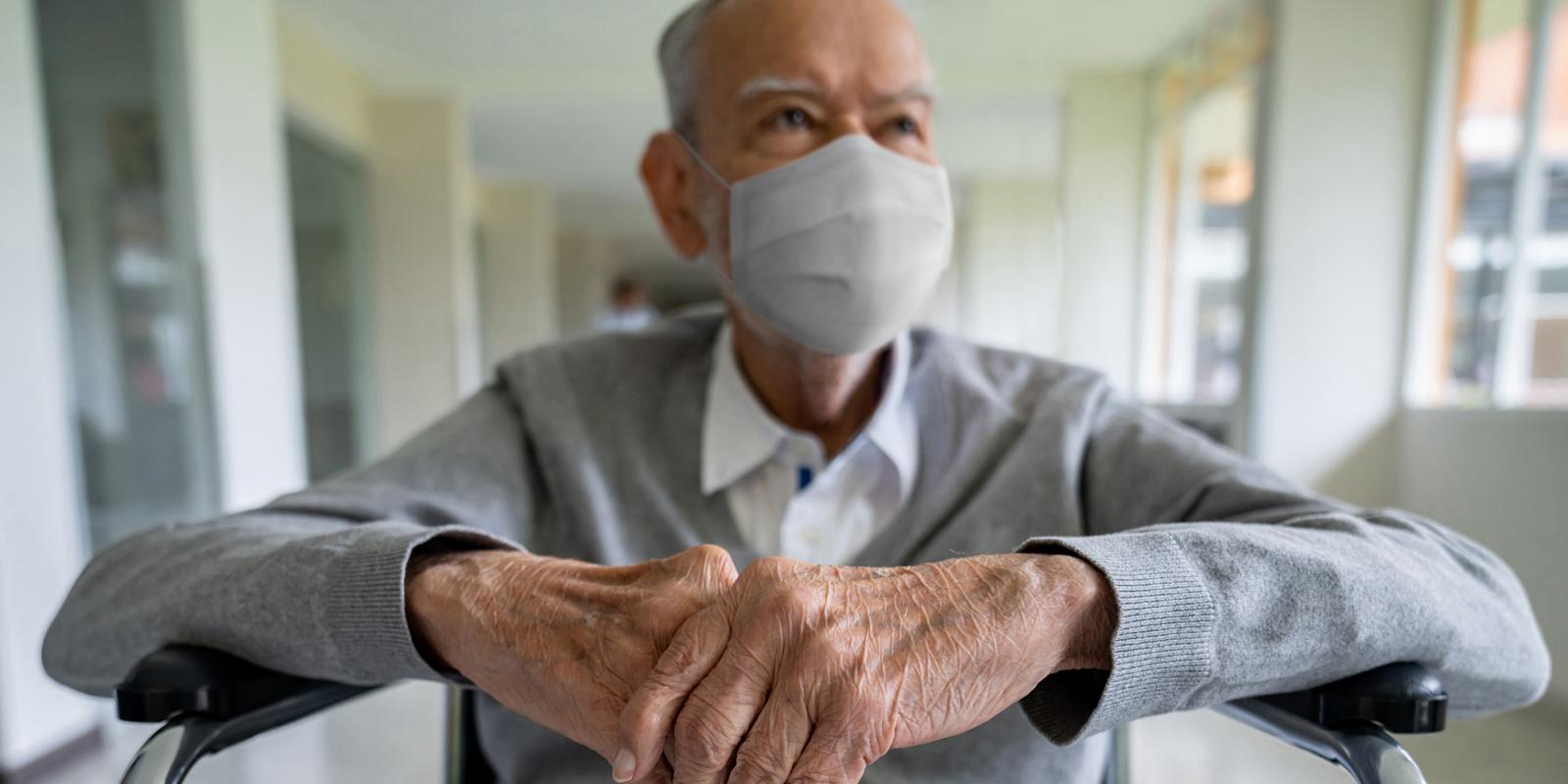Chronic disease impacts an alarming six in 10 American adults, directly contributing to related deaths and expanding demand on the healthcare system.
In 2020, the emergence of COVID-19 and its evolution into a global pandemic has had a profoundly negative impact on our country, pushing the U.S. healthcare system to the breaking point. Concurrently, our nation’s aging population is larger-and living longer-than ever before. This means the United States faces two competing but connected issues that greatly increase the burden of caring for the chronically ill.
Understanding the Needs of Those with Chronic Kidney Disease
This burden is further magnified by chronic kidney disease (CKD), which affects an estimated 37 million people in the United States. U.S. prevalence of CKD is much higher in the older adult cohort than in other age groups.
Older adults with CKD have specific health needs. According to a national survey sponsored by Fresenius Medical Care North America (FMCNA)—a leading provider of kidney care products and services—patients with chronic diseases such as CKD would like to age in place, but are concerned about the need for specialized healthcare.
Patients with kidney failure who receive in-center dialysis must travel to and from the clinic three times a week for therapy. This makes transportation a major contributor to treatment adherence, or lack thereof. As a result, many patients, who may prefer receiving care at home, can now consider home dialysis, which allows them to conduct treatments in their own home.
Besides transportation issues, there are additional reasons home dialysis may make sense for older adults with kidney disease. Home dialysis is typically done more frequently, which helps to mimic regular kidney function more closely than would a traditional in-center dialysis schedule.
During hemodialysis, blood is filtered through a dialysis machine using a dialyzer to remove unwanted waste and excess fluids. Clean blood is then returned to the body. In turn, patients often have fewer complications, as well as improved sleep patterns, blood pressure and fluid status—all factors that can help lead to a shorter post-dialysis recovery time.
Another important concern is patient mental health. The CKD population often suffers from mental health issues, such as anxiety and depression, which further impacts quality of life. Now, with coronavirus-driven shifts in routines and care, they face more disruption than usual. Empowerment is vital. Home dialysis encourages patients to participate in their own care, leading to better clinical and psychological outcomes.
The flexibility to satisfy individuals’ lifestyle needs also is crucial. Patients have other priorities—such as working or spending time with grandchildren—and having a rigid dialysis schedule can make it difficult to keep up with such commitments. This delicate balance of care and lifestyle has been upended even more by the COVID-19 pandemic.
Treatment and Transportation in the Era of COVID-19
In the early days of the pandemic, FMCNA realized immediate attention was needed to ensure safe continuity of care for patients living with kidney failure. Underscoring the importance of reliable treatment solutions, a study of the characteristics of COVID-19 patients from FAIR Health found that CKD and kidney failure are the most common comorbidity among patients hospitalized with COVID-19.
In response, FMCNA took action to mitigate the dangers and difficulties posed by the pandemic. Initiatives included facilitating virtual visits between thousands of patients, care teams and physicians, as well as updates and new functionality for connected health platform ProviderHub and electronic health records software Acumen 2.0. These changes helped to enhance remote patient monitoring, and aid in patient screening for COVID-19. In the midst of the pandemic, FMCNA has seen record numbers of patients train for and adopt home dialysis therapies.
Despite efforts to reduce travel for CKD patients via home dialysis, transportation remains an essential need for these patients, who still visit regularly with nephrologists and clinicians—and even more so for in-clinic dialysis patients who remain on a stricter schedule. The pandemic is forcing the kidney-care sector to acknowledge these difficulties with patient transportation.
How best to transport a patient who is non-emergent, yet medically essential, in a way that minimizes infection risk for the patient and the staff? Who covers the cost? Such questions are what drive FMCNA to constantly innovate for better patient support. To fully address challenges such as these, it is critical to rely upon the care network and its partners.
When New York experienced its peak in COVID-19 cases, it became evident that neither patients nor drivers were comfortable with the idea of using car services for transportation to and from medical facilities. Fresenius Kidney Care social workers quickly identified solutions that leveraged existing networks. We partnered with on-demand ambulance services provider Ambulnz to transport patients, and our social workers collaborated to safely and efficiently move dialysis patients to and from treatment clinics, as well as designate and separate COVID-19 units for positive patients. This collaboration model exemplified patient-centric coordination and enabled us to mobilize with limited resources.
These types of collaboration models can be replicated in other markets. Whether battling COVID-19 or facing another issue, our industry must continue to evaluate available resources to best serve our patient populations.
Future-Proofing Care Solutions
Transportation remains inextricably linked to the future of chronic care. Even with a major shift to home care, many patients will still need in-center level support for dialysis or other chronic conditions, and there will always be a need for seamless transport between homes and healthcare facilities. An increasing demand for assisted transportation will require even more cross-stakeholder collaboration and new models to advance.
The COVID-19 pandemic has exposed long-standing issues surrounding access and mobility, and as we look to the future, we expect an increased focus on home therapies. Through our commitment to increasing access to and adoption of home dialysis, Fresenius Kidney Care and Fresenius Medical Care North America will continue to seek comprehensive solutions that advance treatment options and empower our patients.
Dinesh Chatoth, M.D., is associate chief medical officer for Fresenius Kidney Care in Atlanta, Ga.













